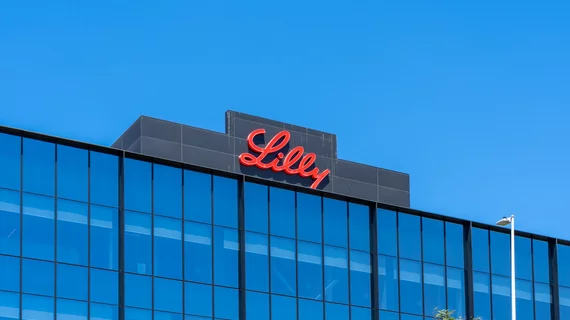Eli Lilly purchases Morphic and its Crohn's drug portfolio for $3.2B
Drug manufacturer Eli Lilly has agreed to buy Morphic, a biopharma company that specialize in the management of inflammatory chronic illnesses. The $3.2 billion deal will bolster Eli Lilly’s portfolio of inflammatory bowel disease (IBD) treatments, as the deal includes MORF-057, Morphic’s new drug that is currently in a Phase II study for management of ulcerative colitis and Crohn's disease.
IBD collectively refers to those two conditions, both characterized by chronic inflammation of the gastrointestinal tract as a result of an immune system reaction. Classified as an inhibitor of α4β7 integrin, MORF-057 used as an oral treatment has the potential in improving outcomes for patients struggling with these conditions, Morphic said in a statement.
“We built the Morphic Integrin Technology platform to realize the vast opportunity of integrin therapeutics. MORF-057 is a tremendous example of those efforts, an oral small molecule α4β7 inhibitor with the potential to be well tolerated and efficacious, attributes that could unlock new possibilities in IBD treatment,” Praveen Tipirneni, MD CEO of Morphic, added in the statement.
Per the agreement, Eli Lilly will purchase Morphic at a price of $57 per share in cash—roughly $3.2 billion total—which will be payable at closing. The transaction has been approved by the boards of directors of both companies and is not subject to any additional financing conditions.
The sale is expected to be finalized in fall 2024.

